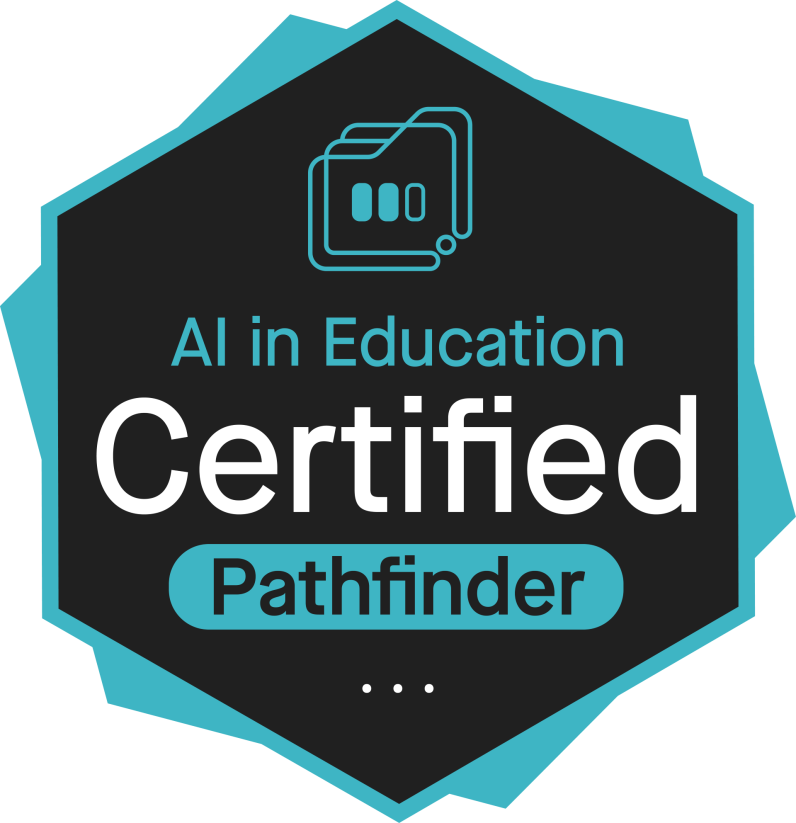- Home
- Information
- Special Educational Needs & Disabilities
Special Educational Needs & Disabilities

Assistant to SENDCo – Mrs Redman SENDCo – Mrs Ingles-Ripodas
Welcome from the SENDCo
Hello, my name is Ainhoa Ingles-Ripodas, and I am the Special Educational Needs and Disabilities Coordinator (SENDCo) and I work closely with Louise Redman, Assistant to SENDCo.
At Sayes Court Primary and Nursery School, we are committed to providing an inclusive education for all children. We follow the statutory guidance set out in the SEND Code of Practice (2015) and the Children and Families Act (2014). Our aim is to ensure that every child can access a broad and balanced curriculum, make progress, and flourish within our school community.
We recognise that some children may require additional support to meet their needs, and we work closely with parents, carers, and external professionals to provide the right support at the right time. We believe that working in partnership with families and listening to the voices of children are key to ensuring positive outcomes.
On this page, you will find:
- Our SEND Information Report, which explains how we identify, assess, and support children with SEND
- A link to the Local Authority’s Local Offer
- My contact details if you would like to discuss your child’s needs further
- Sayes Court Padlet full of useful information and external links
Contact
- If you would like to know more about our SEND provision, or if you have any concerns about your child’s learning or development, please get in touch: senco@sayescourt.surrey.sch.uk
Ainhoa Ingles-Ripodas
A parent / carer guide to ordinarily available provision in school







